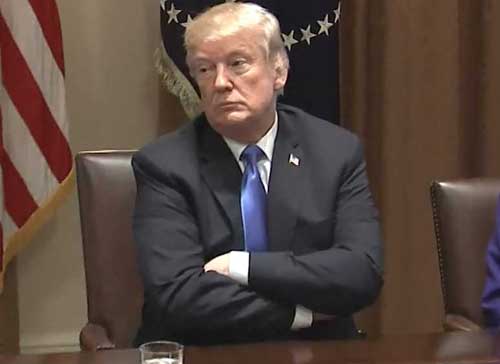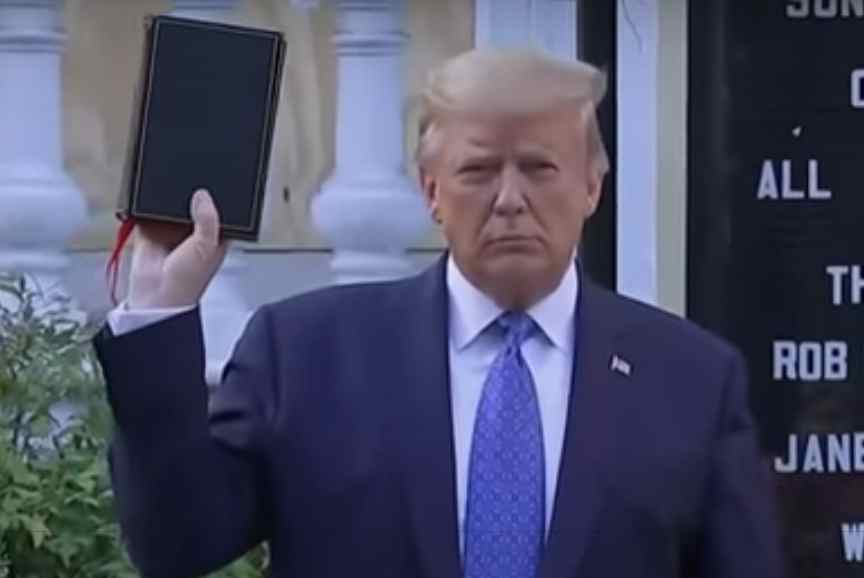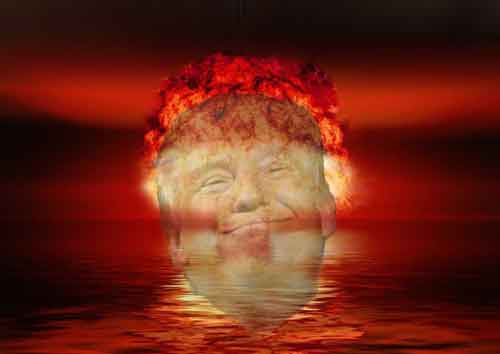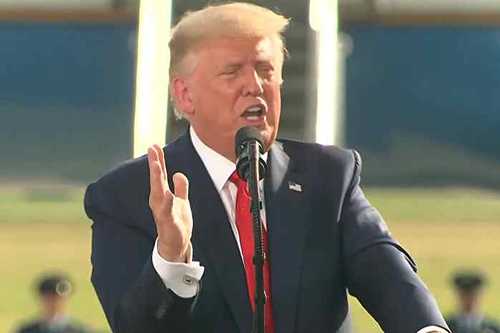PENTAGON – The United States Space Command officially launches on Thursday with a White House ceremony hosted by President Donald Trump and Vice President Mike Pence.
Defense Secretary Mark Esper and Air Force Gen. John Raymond, commander of SPACECOM, are also expected to attend.
The U.S. military has not created a command since U.S. Cyber Command was established in 2009. SPACECOM is the military’s 11th combatant command, and each have either a geographic or functional mission for military operations.
The launch of the Space Command will accelerate what has been a decades-long effort to reorganize and improve the U.S. military’s technological capabilities in space.
“I think we need to fully develop the domain of space as a war fighting domain,” Esper said during his confirmation hearing in the Senate last month.
The U.S. increasingly is reliant on difficult-to-protect orbiting satellites that provide communications, navigation, intelligence and other services vital to the military and the national economy.
[content id=”79272″]
The issue gained urgency over the past year amid growing competition and threats from other nations.
According to the Pentagon, Space Command is responsible for deterring conflicts, defending freedom of action in space, integrating joint forces in space and delivering combat-relevant space capability. Those capabilities include satellite communication, navigation, missile warning, environmental monitoring and military intelligence, surveillance and reconnaissance (ISR).
SPACECOM’s permanent headquarters location is still undecided. The location has been narrowed down to either Alabama, California or Colorado.
Creation of the command is seen by some officials as a likely step toward the creation of a space force as a separate military entity.
“The United States Space Force will ensure that our nation is prepared to defend our people, defend our interests, and to defend our values in the vast expanse of space and here on Earth with the technologies that will support our common defense for the vast reaches of outer space,” Vice President Mike Pence said last week.
Pence said the future Space Force still needs congressional funding and authority, but he said he expects that to happen soon.
The U.S. military previously had a Space Command, but it was dissolved in 2002, and its functions were turned over to a reorganized U.S. Strategic Command. That command’s primary mission remains deterrence against global threats, including maintaining the U.S. military’s nuclear arsenal.
Source: VOA








